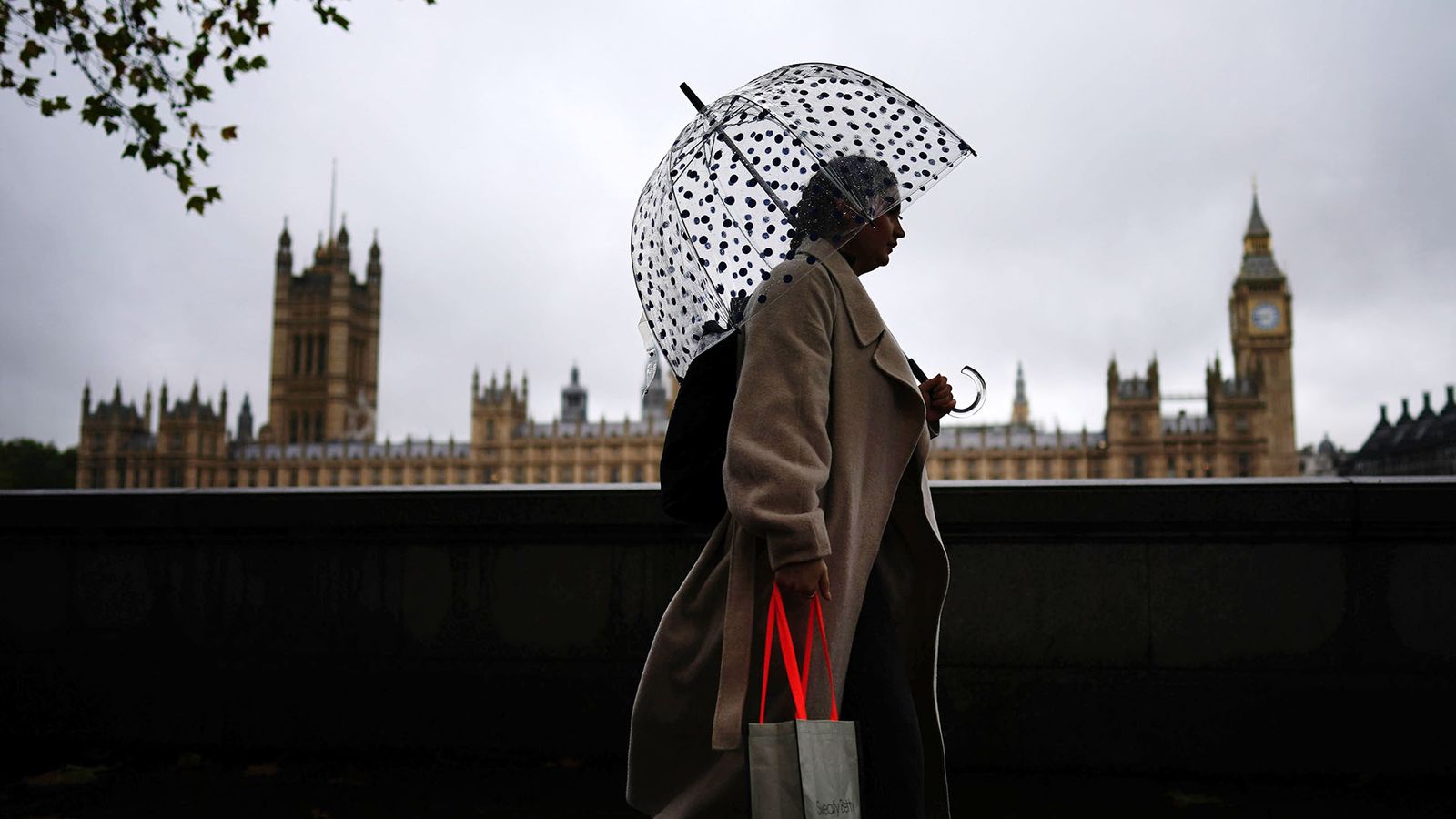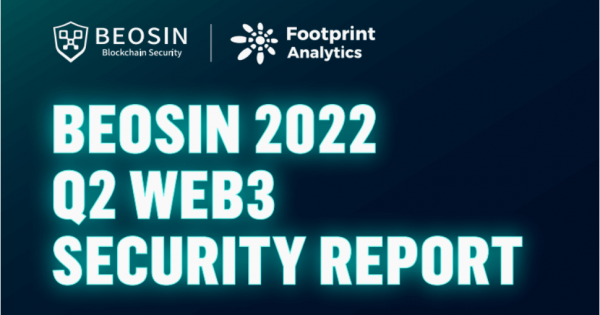Welcome to Blue Monday, dubbed the most depressing day of the year.
But what’s so miserable about it, and where did the concept come from? Here’s everything you know about the supposedly gloomiest of days.
What is Blue Monday?
Blue Monday falls on the third Monday of the year – in 2023, that makes it Monday 16 January.
Blue Monday was originally dreamed up by psychologist Dr Cliff Arnall in 2004. He devised the formula for the bleakest day to help a travel company sell holidays, with the first Blue Monday on 24 January, 2005.
How did he work out this formula?
The model is: [W + (D-d)] x TQ
M x NA
In this equation there are seven variables: (W) weather, (D) debt, (d) monthly salary, (T) time since Christmas, (Q) time since failed quit attempt, (M) low motivational levels and (NA) the need to take action.
It’s supposed to account for January’s worsening weather, the long stretch until payday underscored by festive debt, lapsed New Year’s resolutions and the joy of Christmas fading in the rear view mirror.
So is Blue Monday really the most depressing day of the year?
In short, no. It was a marketing stunt with legs (long ones, given it turns 18 this year).
In the words of a neuroscientist writing for the Guardian, “It is unscientific. It is pseudoscientific. It is uber-pseudoscientific.
“The equation itself is farcical,” Dean Burnett writes. “Even if most of these weren’t nonsensical measurements (how do you determine the motivation of everyone in the population?), they’re not compatible. How do you quantifiably combine ‘time since Christmas’ with ‘weather’? You can’t.”
Why do we still hear about it every year?
Possibly because it taps into something we are feeling. It’s thought seasonal affective disorder, or SAD, affects around 2 million people in the UK, causing symptoms similar to depression including low mood, lethargy and loss of interest in hobbies.
Samaritans has started a counter-campaign called Brew Monday, which labels Blue Monday a “myth” and encourages people to “make time for a cuppa and a catch-up”.
“We all have our good days and our bad days, and those aren’t for the calendar to decide,” the charity says.








